The Work of CRS in Honduras:
A Testimony of Thanksgiving
By Robert Kenkel
My wife and I visited Honduras from August 10-14, 2016 to learn of initiatives supported by CRS. It was a most memorable, educational and emotionally moving experience as we connected with the generous and loving people of this simplistic, poor country. Everywhere we went we were introduced with a prayer of thanks and heartfelt greetings. By our USA standards we would think that they don’t have much to be thankful for, certainly not from a materialistic standpoint, but they seem to understand that their priorities are with God. Rather than bemoan what they don’t have they are thankful for what they do have. I wish that the whole world had that attitude.
As donors, we are far removed from the realities of how our contributions can effect change. Ours is actually the easy part. We simply write the check. The real kudos should go to the CRS in-country staff who have devoted years, and in some cases their careers to helping the poor. I can’t say enough about my appreciation of these dedicated people, who worked so hard trying to make a difference in the lives of those less fortunate.
The organization of the of the entire trip was very thorough and professional. Our thanks to Conor Walsh and his entire Honduran staff for making this trip so educational and enjoyable, from the moment we arrived until we were at our departure gate at the Tegucigalpa airport.
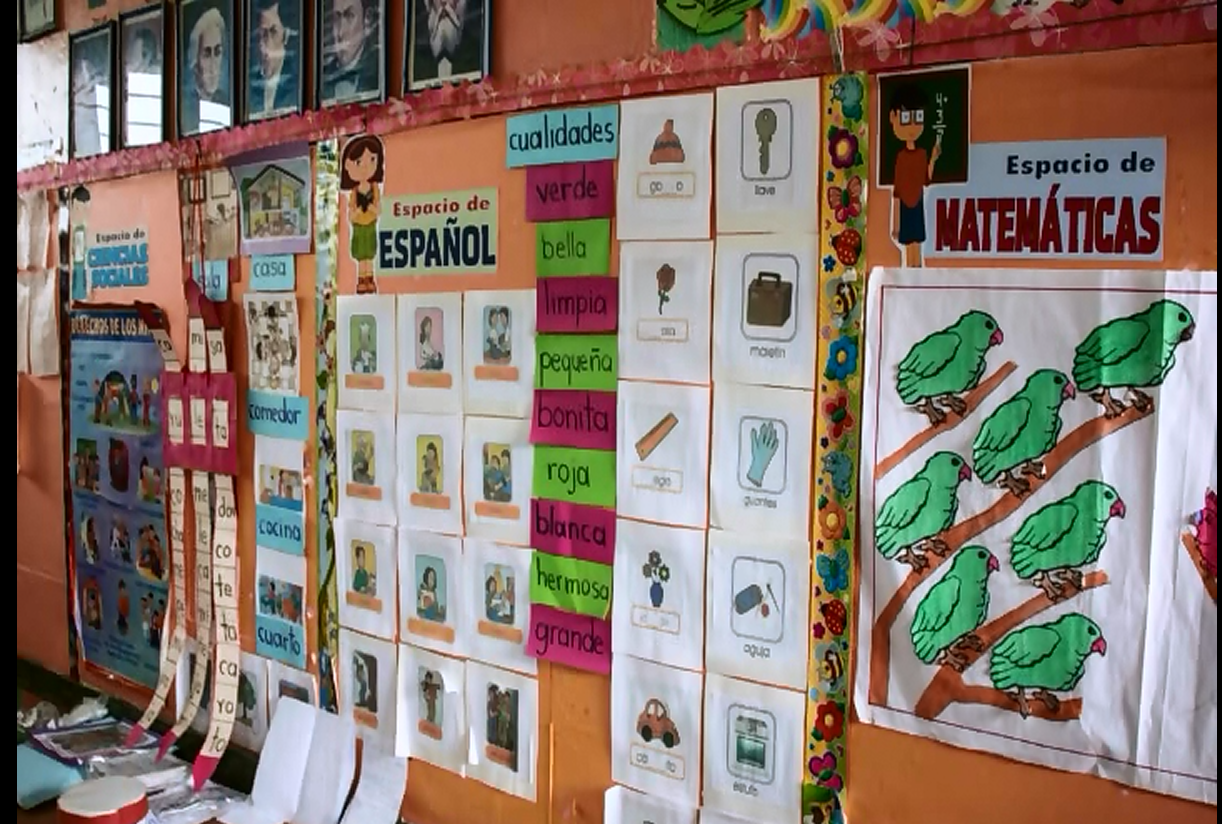
During the tour, we visited two schools that were funded by CRS and that have a profound effect on the young people of Honduras and their families. Seeing the pride of the students, teachers and parents in what they have accomplished was heartwarming. The involvement of parents was particularly impressive, working as a community to ensure that students attend school, that they get there safely and a follow-up if they are absent. In one case, a woman did not send her daughter to school for three years because she didn’t have shoes. A school committee of parents approached the mother to find out why her daughter was not attending and shoes were provided. With her daughter beside her, this courageous mother spoke to us about this experience in what was perhaps the most moving moment of the four days.
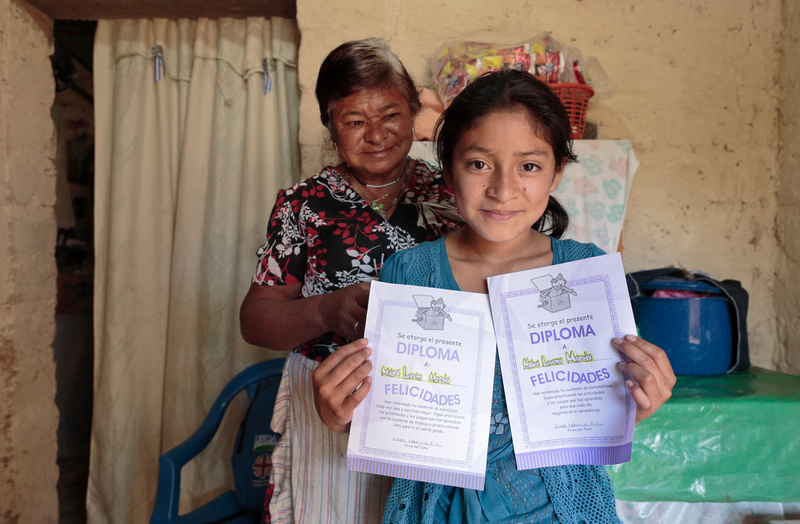
It was clear that these school organizations attached a great deal of importance to our visits. Their presentations were incredibly detailed and thorough. Pride of accomplishment in their own efforts and their appreciation of CRS support was expressed over and over. These educated children will grow up to have opportunities that were unavailable to their parents and hopefully improve the social, economic and political environment of the nation.
During our 4-day tour we also visited a coffee farm and a water supply system for a community. Both were heavily supported by CRS.
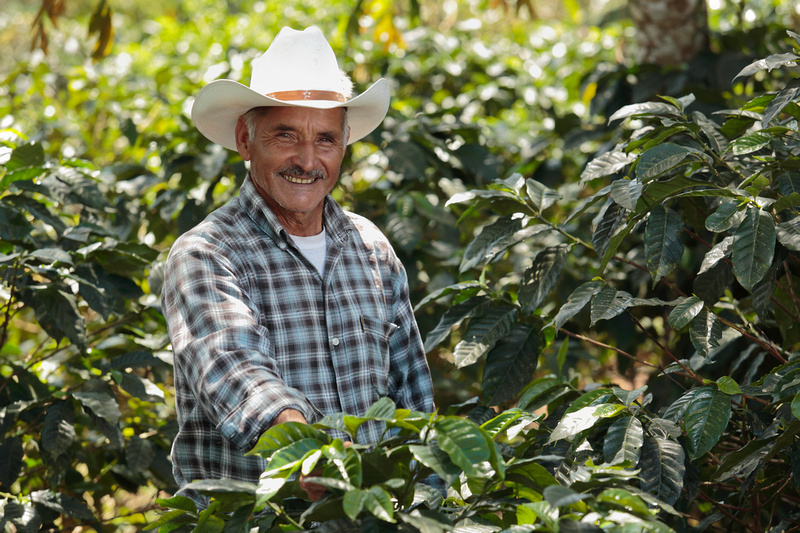
Most of the coffee farms are small plots of land that provide a subsistence living. CRS personnel are working with farmers to improve yields while implementing soil conservation techniques. Having grown up on a farm I can greatly appreciate the benefits of soil analysis and the appropriate application of fertilizers and herbicides. The efficient use of water, a scarce resource in much of Honduras, is also critical. The farmers with whom we visited have seen yield improve by as much as a factor of 3 times. At the same time, they have made significant progress on soil conservation for the sustainability of the gains made. This can have a big effect on coffee production, which is an important aspect of Honduran economy.
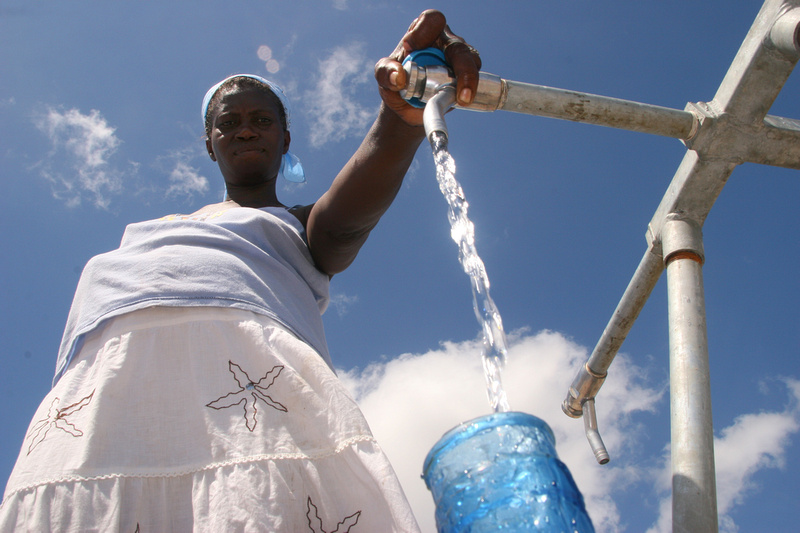
Much of rural Honduras suffers from inadequate water supply, as does much of the undeveloped world. The water they do have is of poor quality. We toured a water collection and treatment plant, designed by Miguel Flores, a CRS engineer, that provides ample, safe water to a community of about 2,000 homes. The ingenious design catches water from the mountainside watershed, processes it through a series of filter tanks, and then into storage tanks where purifying chemicals are introduced as needed. Due to the nature of the terrain all of this is accomplished by gravity and eliminates the need for pumps. The benefits of this clean, adequate water supply are apparent and are supported by the medical improvements of the community’s residents.
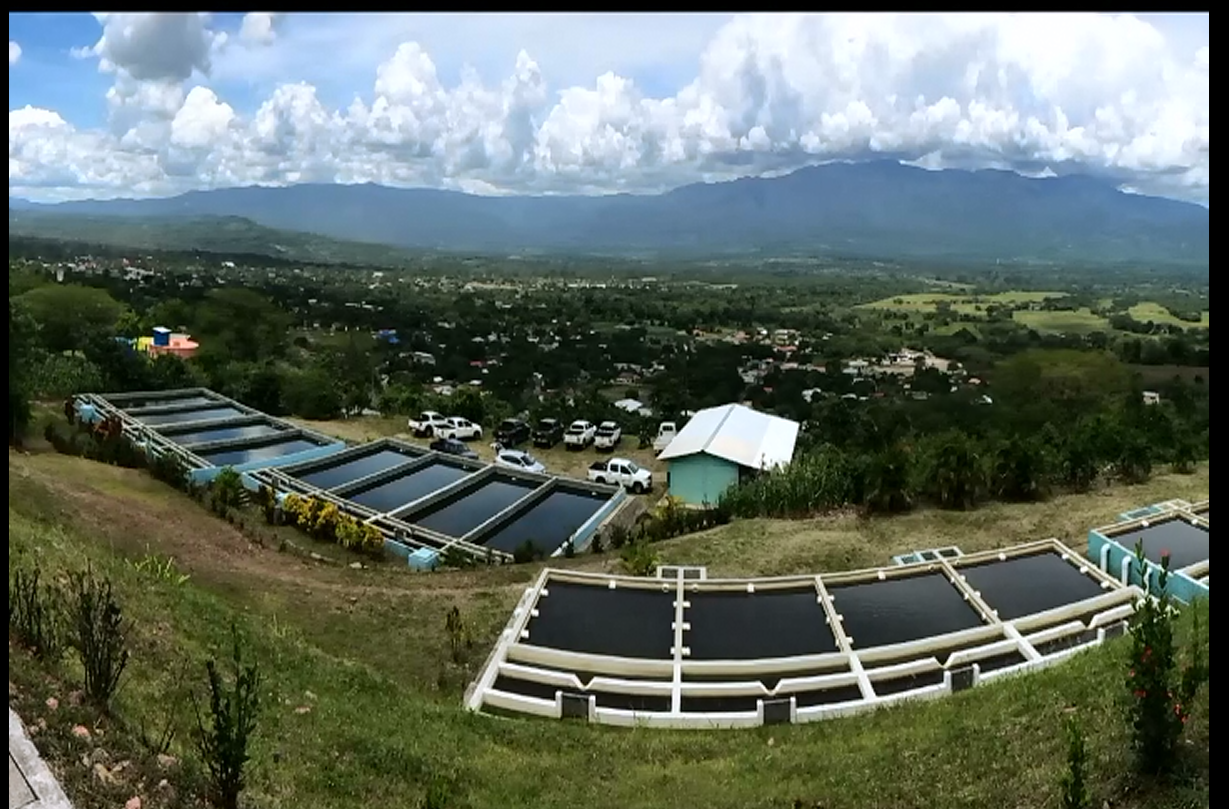
My overall impression is that CRS is having a significant effect on improving the lives of many Hondurans, through these school, coffee farming, and water supply programs. It is clear that the people of Honduras involved in these programs recognize the benefits they receive from them and are extremely grateful and thankful. The staff of CRS Honduras is to be commended for this dedication. I can’t say enough about my impression of the sincerity, honesty and genuine appreciation of the Honduran people. They were so kind to us.
CRS IN HONDURAS
With a per capita income of $2,329, Honduras is a low middle-income country with the highest levels of economic inequality in the entire Latin American region (World Bank, 2016). The stark contrast between the rich and poor is particularly marked in rapidly growing urban areas such as Tegucigalpa and San Pedro Sula, cities that continue to experience an increasing surge of crime and gang violence. Despite the precarious reality of urban life for many of Honduras’ inhabitants, the majority of the nation’s poor live in rural areas, depending primarily on agriculture for their daily sustenance and livelihoods. Hence, CRS Honduras continues to engage with communities to implement projects that span a range of sectors (e.g., education, health, agriculture, water sanitation etc.) in its efforts to improve security, to diversify sources of income, and to increase access to quality education, among a host of other initiatives.
“FOOD FOR EDUCATION” (FFE) EDUCATIONAL PROGRAM EXPECTS SUCCESSFUL SECOND PHASE WITH FUNDING FROM USDA
First stage of program increased by 22% students’ comprehensive reading skill level. During its first stage, which began in 2013, the FFE program benefited more than 54,000 children in 17 municipalities in the department of Intibucá through educational incentives such as food, transportation, backpacks and other school supplies and infrastructure.
